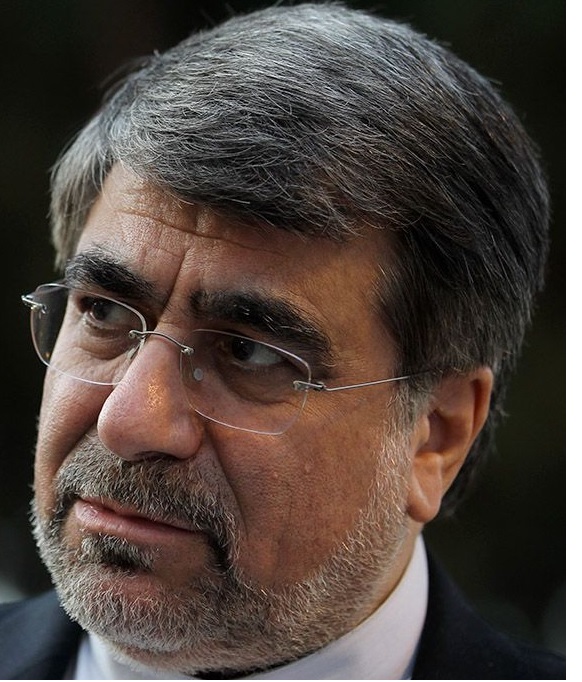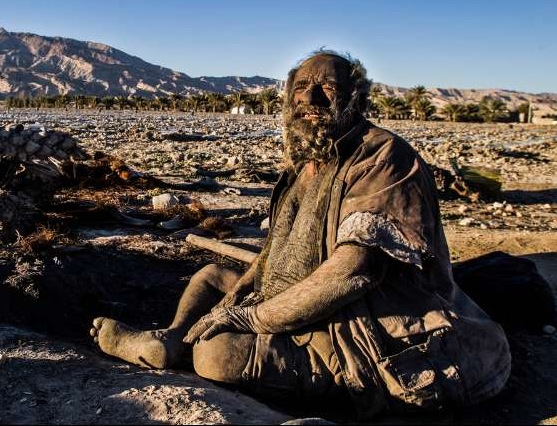January 10-2014

. . . banning bans
Culture Minister Ali Jannati says he has abolished the blacklist of banned authors and all manuscripts will now be judged on their individual merits.
Jannati also admitted to be making no progress in loosening the reins on the Internet.
He said the problem is that the decisions on what websites to ban are made now by the Committee for the Determination of Criminal Content, which is chaired by the prosecutor general, who is part of the Judicial Branch of the government and thus beyond the control and even the influence of the president and the Executive Branch.
Jannati called for Internet controls to be shifted to the Supreme Council for Cyber Space, which is chaired by the president. Jannati didn’t say how that shift could be made, but it probably would require an order from the Supreme Leader.
Absent that change, Jannati acknowledged there is little likelihood that Internet rules could be loosened and fewer websites blocked.
Jannati, however, controls the censorship of printed matter and films and has taken several actions to loosen book censorship, though not newspaper censorship.
In his latest action, Jannati said he has abolished the blacklist of book authors. “There are no more banned authors,” he said. “We review the manuscript, not the person who wrote it.”
Jannati did not say how many names were on the blacklist. Nor did he say if any books by previously banned authors have yet been approved.
He was asked by reporters why the Association of Journalists, which was shut down under the Ahmadi-nejad Administration, has not yet been allowed to re-open, despite promises long ago by Rohani Administration officials, including Jannati.
Jannati said, “The core of the problem is in the Labor Ministry and has something to do with guilds [labor organizations]. Its closure was also due to a file at the Intelligence Ministry. We believe that with the new approach adopted by the Labor, Intelligence and Culture Ministries, an atmosphere now prevails under which we expect to see the association re-opened soon.”
On Internet censorship, Jannati noted that the prosecutor general’s committee recently blocked WeChat. He said the committee could have avoided blocking the entire site and just have acted against “harmful” parts, such as the “Nearby” icon, which allows users to identify anyone on the site who is nearby. The minister of communications has reportedly complained that “Nearby” violates a user’s privacy.























